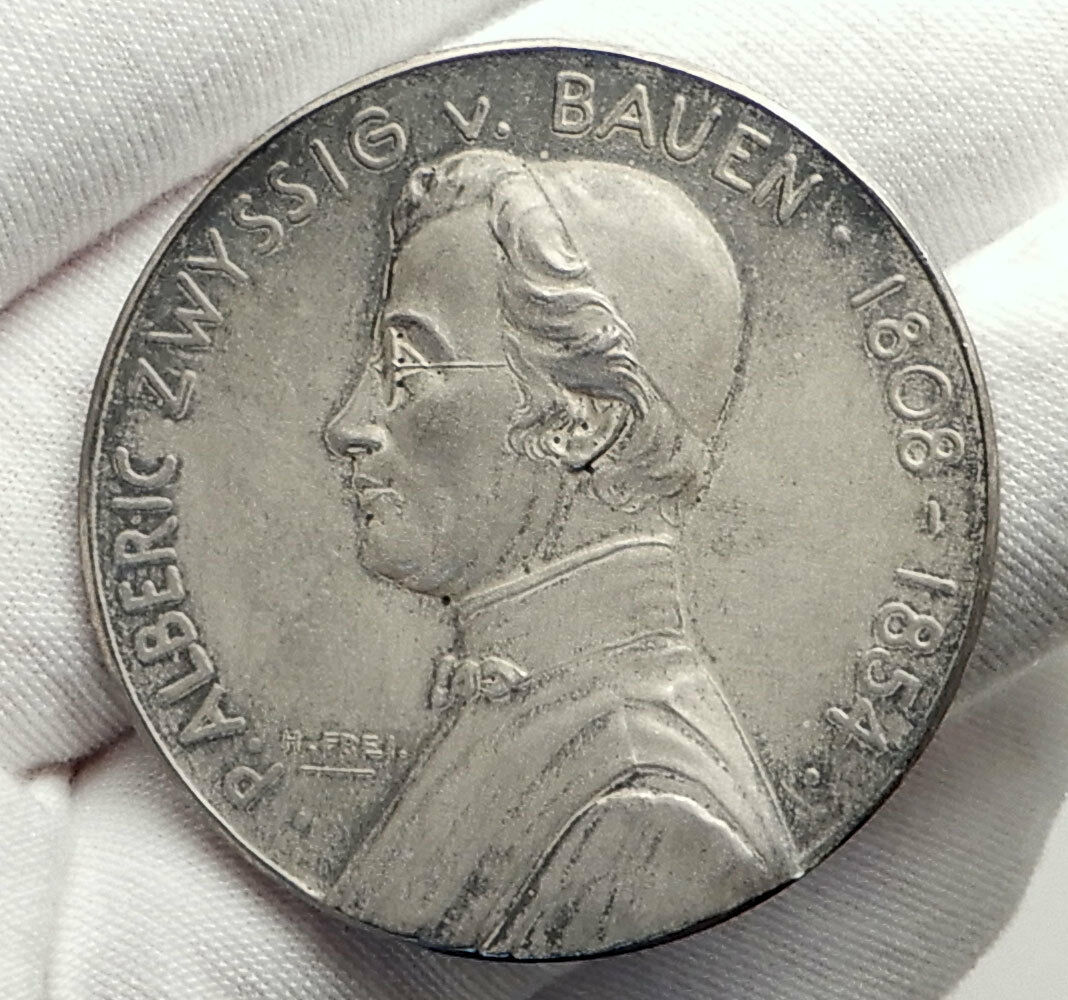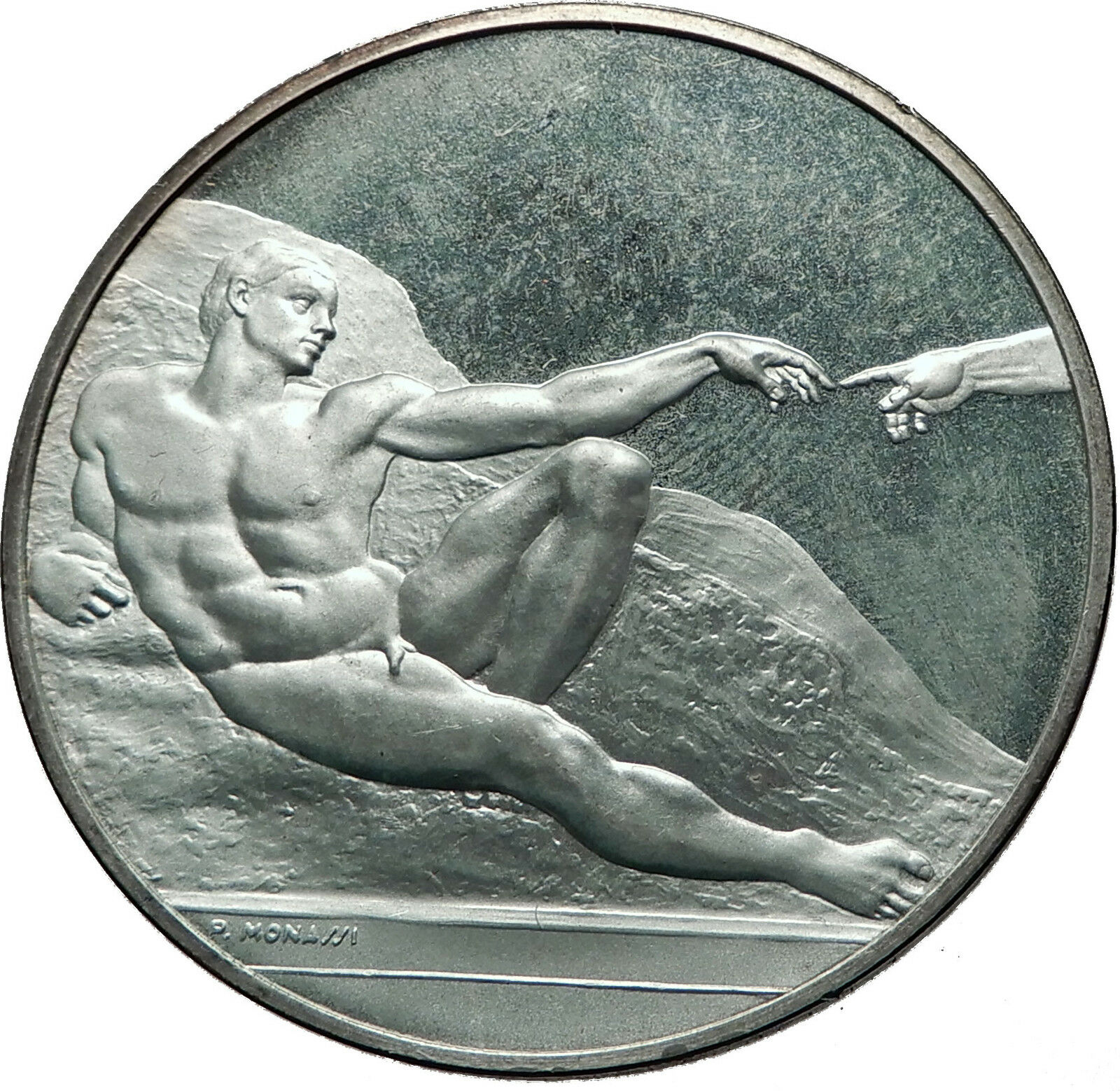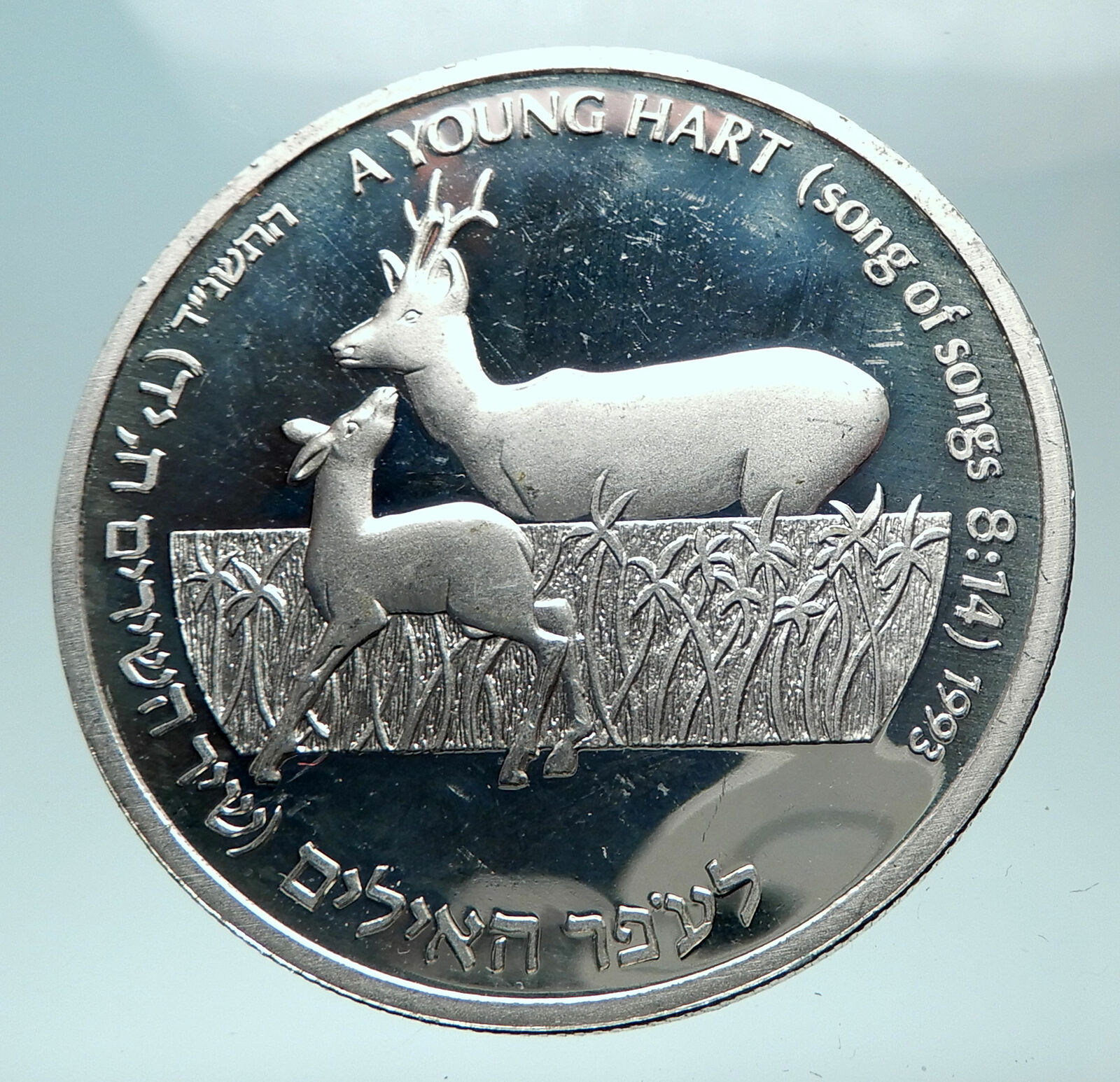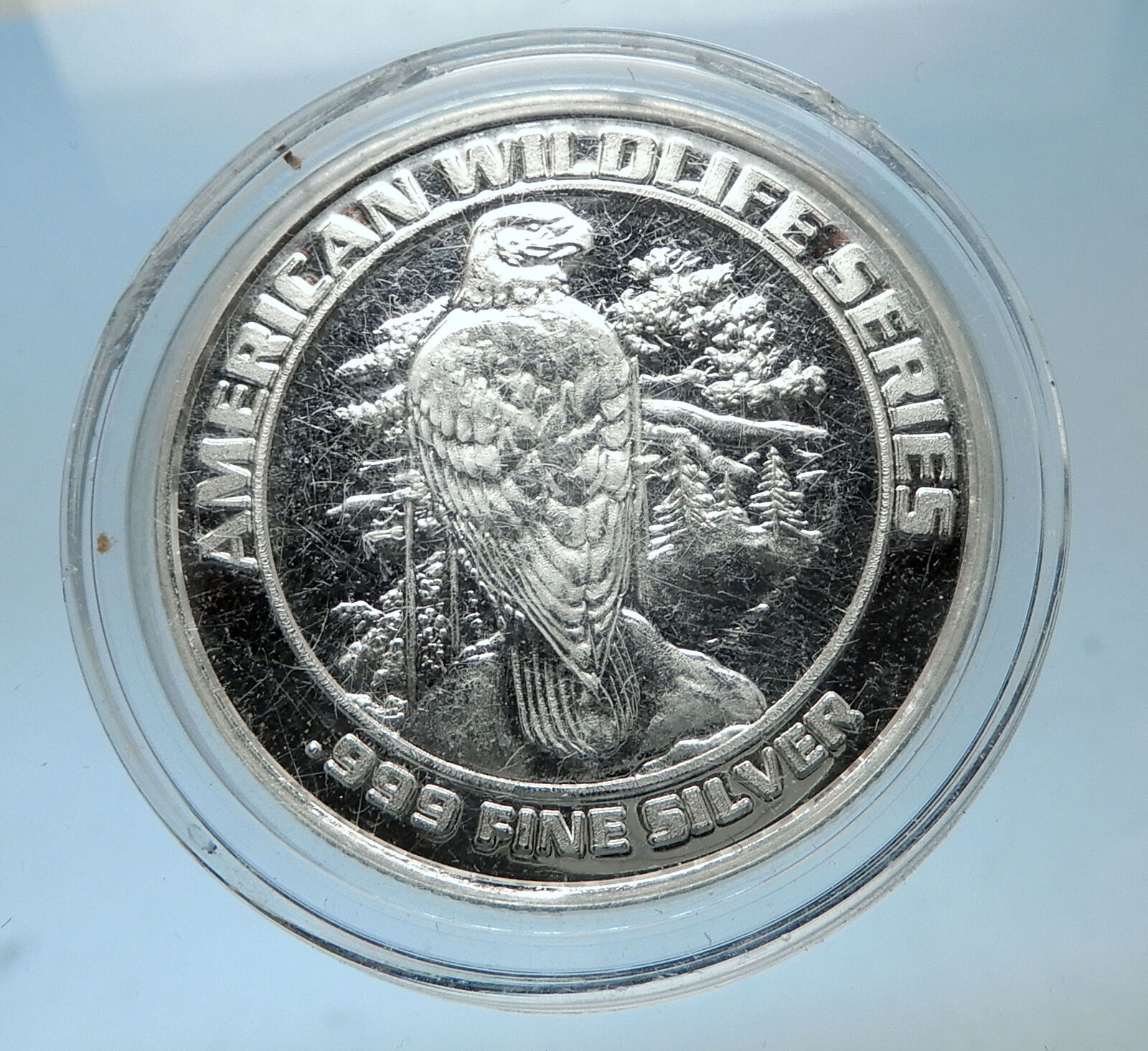|
United States of America
Lyndon B. Johnson – 36rd President
1970 Proof Silver Medal 39mm (33.32 grams) 0.925 Silver
LYNDON B. JOHNSON 1963 1969 36TH PRESIDENT OF THE UNITED STATES, Lyndon facing1/5 left.
LYNDON B. JOHNSON BORN AUG. 27, 1908. MARRIED CLAUDIA TAYLOR, 1934. AWARDED SILVER STAR FOR HEROISM IN WORLD WAR II; YOUNGEST MAN TO BECOME LEADER OF SENATE; CHAMPION OF CIVIL RIGHTS, Eagle with arrows in claws right atop American shield with stripes and stars.
You are bidding on the exact item pictured, provided with a Certificate of Authenticity and Lifetime Guarantee of Authenticity.
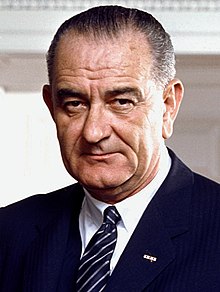 Lyndon Baines Johnson (August 27, 1908 – January 22, 1973), often referred to by his initials LBJ, was an American politician who served as the 36th president of the United States from 1963 to 1969. He had previously served as the 37th vice president from 1961 to 1963 under President John F. Kennedy. A Democrat from Texas, Johnson also served as a U.S. representative, U.S. senator and the Senate’s majority leader. He holds the distinction of being one of the few presidents who served in all elected offices at the federal level. Lyndon Baines Johnson (August 27, 1908 – January 22, 1973), often referred to by his initials LBJ, was an American politician who served as the 36th president of the United States from 1963 to 1969. He had previously served as the 37th vice president from 1961 to 1963 under President John F. Kennedy. A Democrat from Texas, Johnson also served as a U.S. representative, U.S. senator and the Senate’s majority leader. He holds the distinction of being one of the few presidents who served in all elected offices at the federal level.
Born in a farmhouse in Stonewall, Texas, to a local political family, Johnson worked as a high school teacher and a congressional aide before winning election to the U.S. House of Representatives in 1937. He won election to the United States Senate in 1948 after narrowly winning the Democratic Party’s nomination. He was appointed to the position of Senate Majority Whip in 1951. He became the Senate Democratic leader in 1953 and majority leader in 1954. In 1960 Johnson ran for the Democratic nomination for president. During the convention he came into conflict with the Democratic front-runner, fellow senator John F. Kennedy. The two men compromised and the Kennedy-Johnson ticket won in the 1960 presidential election. Vice President Johnson would assume the presidency on November 22, 1963, after President Kennedy was assassinated. The following year Johnson was elected to the presidency when he won in a landslide against Arizona Senator Barry Goldwater. Johnson received 61.1% of the popular vote in the 1964 presidential election; this makes his victory the largest share of the popular vote of any candidate since James Monroe’s victory in 1820.
Johnson’s domestic policy was aimed at expanding civil rights, public broadcasting, Medicare, Medicaid, aid to education and the arts, urban and rural development, and public services. Johnson coined the term the “Great Society” in 1964 to describe these efforts. In addition, he sought to create better living conditions for low income Americans by spearheading a campaign unofficially called the “War on Poverty”; assisted by a strong economy, this helped millions of Americans rise above the poverty line during his administration. Johnson followed his predecessor’s actions in bolstering NASA and made the Apollo Program a national priority. He enacted the Higher Education Act of 1965 which established federally insured student loans. Johnson signed the Immigration and Nationality Act of 1965 which laid the groundwork for U.S. immigration policy today. Johnson’s opinion on the issue of civil rights put him at odds with other white, southern Democrats. His civil rights legacy was shaped by signing the Civil Rights Act of 1964, the Voting Rights Act of 1965, and the Civil Rights Act of 1968. During his presidency, the American political landscape transformed significantly, as white southerners who were once staunch Democrats began moving to the Republican Party and black voters began moving to the Democratic Party. Because of his domestic agenda, Johnson’s presidency marked the peak of modern liberalism in the United States.
Johnson’s presidency took place during the Cold War and thus he prioritized halting the expansion of communism.Prior to 1964, the U.S. was already heavily involved in the Vietnam War by providing weapons, training, and aid to South Vietnam in their fight against the communist North. Following a naval skirmish with North Vietnam, Congress passed the Gulf of Tonkin Resolution, which granted Johnson the power to launch a full scale military intervention. The number of American military personnel in Vietnam increased dramatically. As the war progressed, casualties soared among U.S. soldiers and Vietnamese civilians. In 1968, the Tet Offensive inflamed the anti-war movement, including among draft-age students on university campuses, and public opinion dramatically turned against America’s involvement in the war.
At home, Johnson faced further troubles with race riots in major cities, and increasing crime rates. His political opponents seized the opportunity and raised demands for “law and order” policies. Johnson began his presidency with near universal support, however his approval declined throughout his presidency as the public became frustrated with both the Vietnam War and domestic unrest. Johnson initially sought to run for re-election, however following disappointing results in the New Hampshire primary he withdrew his candidacy. The war was a major election issue and the 1968 presidential election saw Republican candidate Richard Nixon defeat Johnson’s vice president Hubert Humphrey in a landslide. At the end of his presidency in 1969, Johnson returned to his Texas ranch and kept a low profile until he died of a heart attack in 1973.
Johnson is one of the most controversial presidents in American history; public opinion of his legacy has continuously evolved since his death. Historians and scholars rank Johnson in the upper tier because of his domestic policies; his administration passed many major laws that made serious advancements in civil rights, health care, and welfare, although, he is criticized for escalating American involvement in the Vietnam War.
|






 Lyndon Baines Johnson (August 27, 1908 – January 22, 1973), often referred to by his initials LBJ, was an American politician who served as the 36th president of the United States from 1963 to 1969. He had previously served as the 37th vice president from 1961 to 1963 under President John F. Kennedy. A Democrat from Texas, Johnson also served as a U.S. representative, U.S. senator and the Senate’s majority leader. He holds the distinction of being one of the few presidents who served in all elected offices at the federal level.
Lyndon Baines Johnson (August 27, 1908 – January 22, 1973), often referred to by his initials LBJ, was an American politician who served as the 36th president of the United States from 1963 to 1969. He had previously served as the 37th vice president from 1961 to 1963 under President John F. Kennedy. A Democrat from Texas, Johnson also served as a U.S. representative, U.S. senator and the Senate’s majority leader. He holds the distinction of being one of the few presidents who served in all elected offices at the federal level.

